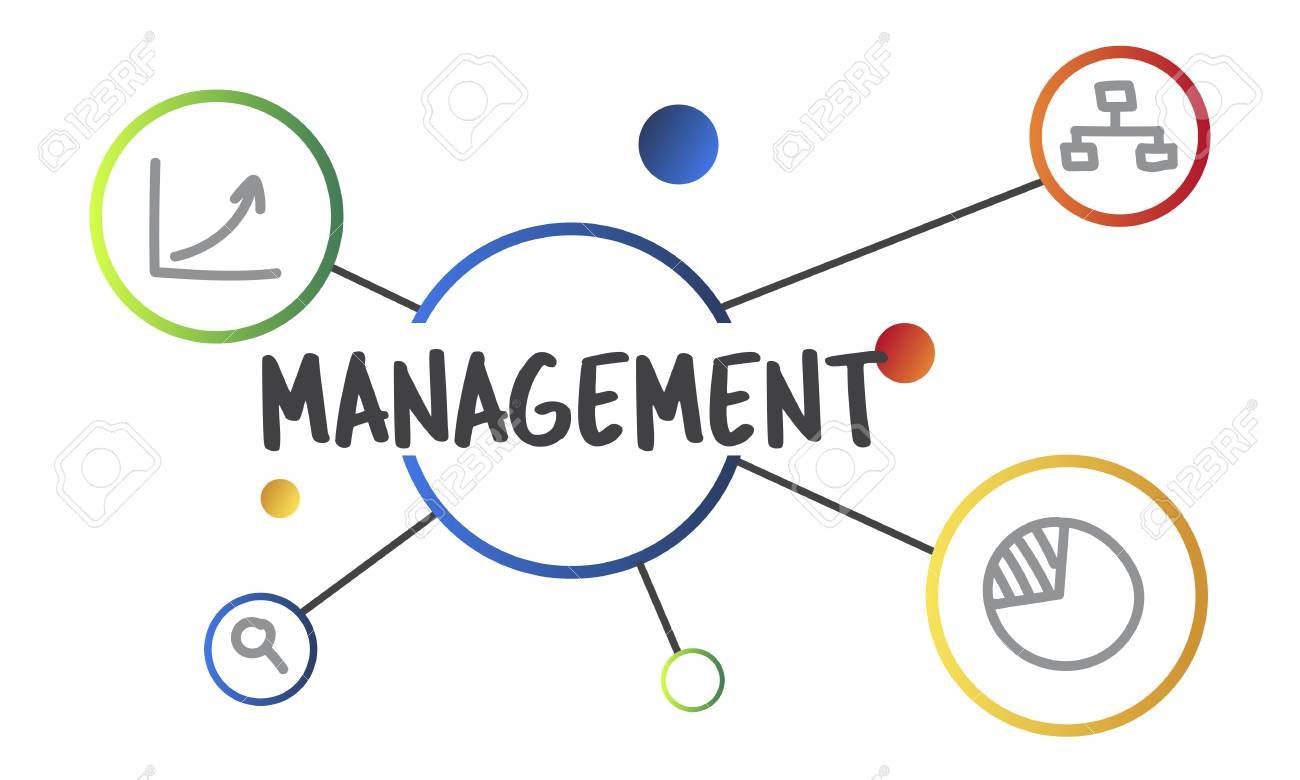
A certificate in contracts management is a great way to get certified if you want to become a contract manager. There are a few different options you can choose from. Check out Weber State University's CCCM or CPCM program. This program boasts a strong track record and has experienced instructors in both the US Federal Government and defense. In fact, in 2013 it was ranked #17 in the nation for contract management. WSU also offers a certificate for contracts management in its MBA program.
CPCM
For professionals working in the field, the CPCM certificate is a recognized credential. This credential demonstrates a deep understanding of all aspects involved in contracts management. It is provided by the NCMA. It demonstrates professional competence, deep understanding of this field. It also gives individuals the opportunity to earn respect from their peers as well as employers. Download a brochure about the program from the logo for interested professionals.
The core principles of procurement and supply management are covered in CPCM courses. They cover cost management, the buying process, conflict management, negotiation, and cost management. Business ethics, capital purchasing, critical materials management, and services purchasing are just a few of the topics that they cover.
CCCM
This professional certification will distinguish you from your peers. This certification, which is based on a thorough examination, will demonstrate your commitment and excellence in commercial management. The program usually takes between six and nine weeks to complete. The NCMA certification criteria is used. The passing score for the certification is 70 percent. The exam is scored by adding up the points earned for each question.

The CCCM certification demonstrates a deep understanding of contract management and the Uniform Commercial Code. The certification gives you the skills and knowledge to succeed in the industry. CCCM certification training includes detailed descriptions about each type of contract as well the principles behind managing them. You will be able to manage contracts for your company once you have passed the exam.
CBCS
The CBCS certificate in contracts management offers students the opportunity to develop a comprehensive understanding of contract management. The course covers every aspect of contracting, from preparation through to implementation. Students will be able to use this knowledge as a foundation for their future studies in contracting. It's a great option for those looking to develop their careers.
The CBCS certificate has many benefits. This certification will allow you to show that you are competent in managing contracts in the commercial sector. Passing the exam requires at least 390 points.
Villanova University
Villanova University's Certificate in Contracts Management was created to meet the demands of modern contracts managers. The program offers both classroom and online learning. The program equips students with the necessary skills to become competitive, efficient, and ethical in their chosen profession. The NCMA's latest Body of Knowledge is used in the program.
The industry-recognized faculty in the field contract management will teach the certificate program. It provides comprehensive training in commercial and government contracts, and covers topics from the buyer's and seller's perspectives. Furthermore, students are taught how to control costs and manage risk, which are key components of successful contract management. The curriculum is designed to prepare students for the National Contract Management Association (NCMA) certification exam.

University of Alabama Huntsville
The University of Alabama in Huntsville's certificate in contracts management program will prepare graduates for employment in both the public and private sector. The program teaches students basic contract management skills, such as negotiation and bidding. It also covers legal aspects of contracts. Graduates can apply for both civilian and Department of Defense jobs. They will also be able to use databases such as the Federal Acquisition Regulation (FAR), and Defense Acquisition Regulation Supplement, (DFARS), to evaluate proposals and create acquisition strategies.
The University of Alabama Huntsville offers this certificate program. Students are able to attend night classes. The program focuses on federal contract procurement. Students learn about the fundamentals and methods of federal contract procurement. You can also transfer the certificate to a master’s program. UAH's program is accredited with more than 6000 undergraduate students. It is well-respected for its academic excellence and multiculturalism. Alabama University ranks third among Alabama's top universities.
FAQ
What are management concepts?
Management concepts are the principles and practices used by managers to manage people, resources. These include topics such as human resource policies and job descriptions, performance assessments, training programs and employee motivation.
What role can a manager fill in a company’s management?
There are many roles that a manager can play in different industries.
A manager is generally responsible for overseeing the day to day operations of a company.
He/she makes sure that the company meets its financial obligations, and that it produces goods or services that customers desire.
He/she is responsible for ensuring that employees comply with all regulations and follow quality standards.
He/she plans new products and services and oversees marketing campaigns.
Why is project management so important?
To ensure projects run smoothly and meet deadlines, project management techniques are employed.
This is due to the fact that most businesses rely heavily upon project work in order to produce goods, and services.
Companies need to manage these projects efficiently and effectively.
Companies can lose time, money, and reputation if they don't have a good project management system.
What are your main management skills
Business owners need to have management skills, no matter how small or large they may be. These include the ability and willingness to manage people, finances as well resources, time and space.
These skills are necessary for setting goals and objectives as well as planning strategies, leading groups, motivating employees and solving problems.
You can see that there are many managerial duties.
What is Six Sigma and how can it help you?
It is a way to improve quality that places emphasis on customer service and continuous learning. This is an approach to quality improvement that uses statistical techniques to eliminate defects.
Motorola invented Six Sigma in 1986 as part its efforts to improve manufacturing.
This idea quickly spread throughout the industry. Today, many organizations use six sigma methods for product design, production and delivery.
What are some of the common mistakes made by managers?
Sometimes managers make it harder for their employees than is necessary.
They may not delegate enough responsibilities to staff and fail to give them adequate support.
Managers often lack the communication skills necessary to motivate and guide their teams.
Some managers create unrealistic expectations for their teams.
Managers may prefer to solve every problem for themselves than to delegate responsibility.
Why is it so hard to make smart business decisions?
Complex systems with many moving parts are the hallmark of businesses. It is difficult for people in charge of businesses to manage multiple priorities simultaneously and also deal with uncertainty.
Understanding how these factors impact the whole system is key to making informed decisions.
To do this, you must think carefully about what each part of the system does and why. Next, consider how each piece interacts with the others.
Ask yourself if there are hidden assumptions that have influenced your behavior. You might consider revisiting them if they are not.
If you're still stuck after all this, try asking someone else for help. They may see things differently from you and have insights that could help you find a solution.
Statistics
- Hire the top business lawyers and save up to 60% on legal fees (upcounsel.com)
- The profession is expected to grow 7% by 2028, a bit faster than the national average. (wgu.edu)
- Our program is 100% engineered for your success. (online.uc.edu)
- As of 2020, personal bankers or tellers make an average of $32,620 per year, according to the BLS. (wgu.edu)
- The BLS says that financial services jobs like banking are expected to grow 4% by 2030, about as fast as the national average. (wgu.edu)
External Links
How To
How do you implement Quality Management Plans (QMPs)?
QMP (Quality Management Plan) is a system to improve products and services by implementing continuous improvement. It emphasizes on how to continuously measure, analyze, control, and improve processes, product/service, and customer satisfaction.
QMP is a standard way to improve business performance. QMP improves production, service delivery, as well as customer relations. A QMP should include all three aspects - Processes, Products, and Services. When the QMP includes only one aspect, it is called a "Process" QMP. QMPs that focus on a Product/Service are known as "Product" QMPs. And when the QMP concentrates on Customer Relationships, it is called "Customer" QMP.
Two main elements are required for the implementation of a QMP. They are Scope and Strategy. These elements can be defined as follows.
Scope: This is the scope of the QMP and its duration. This will be used to define activities that are performed in the first six months of a QMP.
Strategy: This is the description of the steps taken to achieve goals.
A typical QMP consists of 5 phases: Planning, Design, Development, Implementation, and Maintenance. Each phase is explained below:
Planning: This stage is where the QMP objectives are identified and prioritized. To understand the expectations and requirements of all stakeholders, the project is consulted. Next, you will need to identify the objectives and priorities. The strategy for achieving them is developed.
Design: This stage is where the design team creates the vision, mission and strategies necessary for successful implementation of QMP. These strategies are put into action by developing detailed plans and procedures.
Development: Here, the team develops the resources and capabilities that will support the successful implementation.
Implementation: This is the actual implementation and use of the QMP's planned strategies.
Maintenance: It is an ongoing process that maintains the QMP over time.
Additionally, the QMP should include additional items:
Participation of Stakeholders: The QMP's success depends on the participation of stakeholders. They should actively be involved during the planning and development, implementation, maintenance, and design stages of QMP.
Project Initiation: It is essential to have a clear understanding about the problem and the solution before you can initiate a project. In other words, the initiator needs to know why they want to do something and what they expect from the outcome.
Time Frame: The time frame of the QMP is very critical. You can use a simplified version if you are only going to be using the QMP for short periods. If you are looking for a longer-term commitment, however, you might need more complex versions.
Cost Estimation - Cost estimation is an important part of the QMP. You can't plan without knowing how much money it will cost. Cost estimation is crucial before you begin the QMP.
QMPs should not be considered a static document. It changes as the company grows. It should be reviewed on a regular basis to ensure that it is still meeting the company's needs.